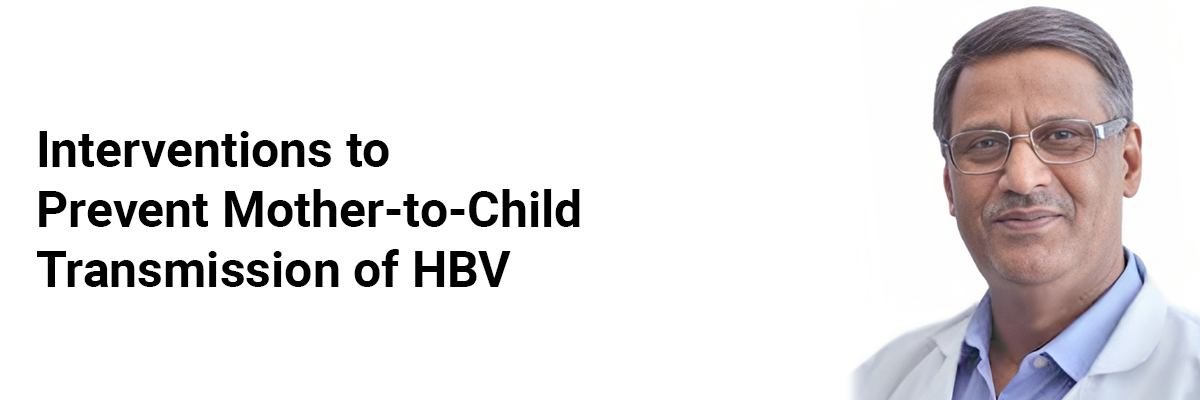
 IJCP Editorial Team
IJCP Editorial Team
Interventions to Prevent Mother-to-Child Transmission of HBV
Mother-to-child transmission (MTCT) of the virus in women with chronic HBV may occur in various phases.
Prenatal (intrauterine) potential mechanisms include maternalfetal transcytosis, trophoblastic cell infection, maternal placental dysfunction and intra-amniotic bleeding related to chorionic villus sampling or amniocentesis.
Peripartum (around delivery) potential mechanisms involve infant exposure to infected blood or secretions during delivery.
Known risk factors for MTCT-HBV include a high maternal HBV DNA (≥5.3 log10 IU/mL (≥2,00,000 IU/mL), HBeAg positivity and suboptimal use of HBIG and/or HBV vaccine after birth.
Postpartum potential mechanisms include infant blood transfusion or other medical-care-related procedures after birth.
Notably, breastfeeding is not considered a risk factor.
It is recommended to test all pregnant women for HBsAg, and guidelines from WHO 2020 and INASL 2018 emphasize screening for HBsAg in the 1st trimester of pregnancy.
Vaccination and HBIG are crucial for preventing MTCT of HBV.
Administer 10 µg of hepatitis B vaccine as early as possible, within 12 hours of birth, followed by the second and third doses at 1 and 6 months of age, respectively.
For premature and low birth weight infants, initiate the birth dose vaccine as early as possible, within 12 hours of birth, followed by the 3-dose series according to a schedule of 0, 1 and 6 months, starting from 1 month of age.
HBIG (100 IU) prophylaxis, in conjunction with HBV vaccination, may provide additional benefi ts for newborns whose mothers are HBeAg-positive.
In full-term neonates born of HBeAg-negative mothers, immediate vaccination against HBV within 24 hours may achieve protection against perinatally acquired infection, and the addition of HBIG may not signifi cantly improve this protection.
INASL 2018 recommends administering both HBIG and the vaccine in different injection sites.

IJCP Editorial Team
Comprising seasoned professionals and experts from the medical field, the IJCP editorial team is dedicated to delivering timely and accurate content and thriving to provide attention-grabbing information for the readers. What sets them apart are their diverse expertise, spanning academia, research, and clinical practice, and their dedication to upholding the highest standards of quality and integrity. With a wealth of experience and a commitment to excellence, the IJCP editorial team strives to provide valuable perspectives, the latest trends, and in-depth analyses across various medical domains, all in a way that keeps you interested and engaged.



















Please login to comment on this article